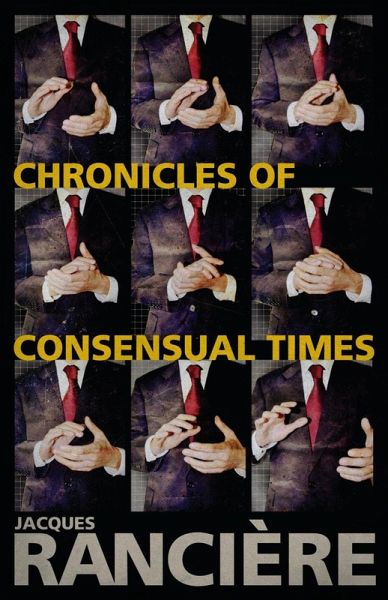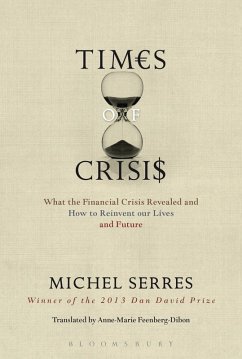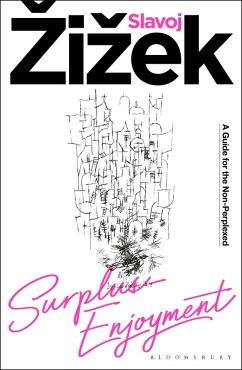
Chronicles of Consensual Times (eBook, PDF)

PAYBACK Punkte
19 °P sammeln!
In this fascinating collection, Jacques Ranciere, one of the world's most important and influential living philosophers, explores the nature of consensus in contemporary politics. Consensus does not mean peace. Instead it refers to a map of operations of war, of a topography of the visible, of what is possible and what can be thought, in which war and peace live side-by-side. Lying at the heart of these consensual times are new forms of racism and ethnic cleansing, humanitarian wars and wars against terror. Consensus also implies using time in a way that sees in it a thousand devious turns. Th...
In this fascinating collection, Jacques Ranciere, one of the world's most important and influential living philosophers, explores the nature of consensus in contemporary politics. Consensus does not mean peace. Instead it refers to a map of operations of war, of a topography of the visible, of what is possible and what can be thought, in which war and peace live side-by-side. Lying at the heart of these consensual times are new forms of racism and ethnic cleansing, humanitarian wars and wars against terror. Consensus also implies using time in a way that sees in it a thousand devious turns. This is evident in the incessant diagnoses of the present and of amnesiac politics, in the farewells to the past, the commemorations, and the calls to remember. But all these twists and turns tend toward the same goal: to show that there is only one reality to which we are obliged to consent. What stands in the way of this undertaking is politics. These chronicles aim to re-open that space wherein politics once more becomes thinkable.













